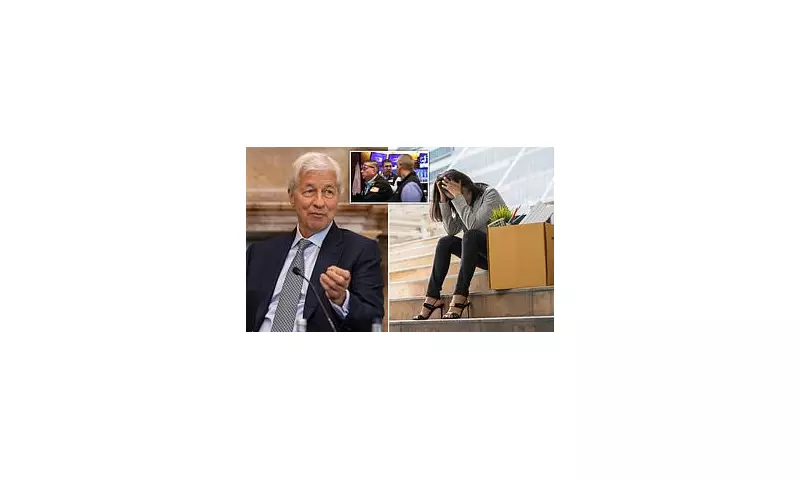
In a move that sent ripples through the global financial community, Jamie Dimon, the long-serving Chief Executive of banking behemoth JPMorgan Chase, has issued a chilling prognosis for the world economy. The influential banker warned that the current economic climate is struggling under the weight of persistent inflation and soaring interest rates, drawing unsettling parallels to the tumultuous 1970s.
The veteran CEO outlined a range of potential outcomes, from a soft landing—the best-case scenario—to a more severe 'hard landing' that could eclipse the severity of the 2008 financial crisis. His stark assessment points to a dangerous cocktail of economic pressures that could define the coming years.
The Spectre of Stagflation
Dimon's most alarming comparison was to the era of stagflation, a period characterised by sluggish growth and rampant inflation that plagued economies in the 1970s. He expressed deep concern that current government spending and geopolitical instability, notably from the war in Ukraine, are creating a perfect storm reminiscent of that difficult decade.
'The worst-case outcome would be higher even than the 1970s,' Dimon cautioned, suggesting that the tools to manage such a crisis are far more limited today than they were fifty years ago.
Interest Rates: The Unwelcome Reality
A central pillar of Dimon's warning concerns the new reality of interest rates. He firmly dismissed market optimism for a swift return to the near-zero rates that followed the 2008 crash. Instead, he posits that rates could climb significantly higher, potentially reaching 7% or more, as central banks like the Federal Reserve and the Bank of England continue their battle against inflation.
This shift would have profound implications for everything from mortgage costs and business loans to government debt, squeezing consumers and corporations alike.
A Message to Markets and Governments
The JPMorgan chief's message serves as a sobering counter-narrative to recent market rallies. He explicitly warned investors and policymakers against complacency, urging them to prepare for a wider range of economic possibilities, including some for which the world is 'not prepared'.
His comments underscore a growing anxiety among financial leaders about the resilience of the global economy in the face of continued fiscal pressure and international conflict. For the UK, which is navigating its own complex post-Brexit economic landscape, Dimon's warning is a particularly potent signal to brace for impact.





